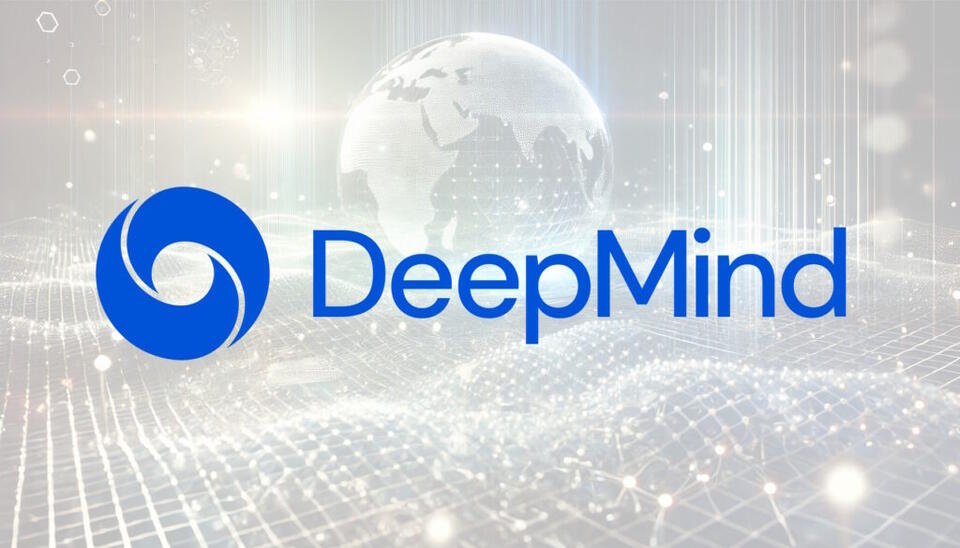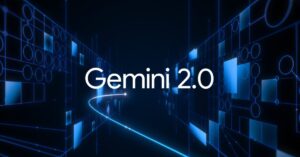DeepMind Enhances Oversight of AI Research to Protect Google’s Market Edge

DeepMind’s Shift in Research Publication Policy
Google DeepMind has recently modified its approach to sharing AI research. Historically known for its openness in publishing studies, DeepMind is now prioritizing strategic advantage over unreserved scientific dissemination. This change particularly targets research that supports fundamental technologies, such as the Gemini model family.
A Focus on Selective Openness
According to a report from the Financial Times, DeepMind’s new policy enforces a six-month embargo on certain papers about generative AI. These studies must now undergo multiple reviews, sometimes involving top executives, before they are released to the public. A researcher from DeepMind noted, “We are now told that publication is no longer the default.”
This cautious approach supports Google’s aims to enhance the commercial potential of its AI products. The Gemini models are integral across various Google services, further emphasizing the need to safeguard the underlying research.
Achievements and Accessibility Issues with AlphaFold 3
DeepMind’s policy alteration became evident with the launch of AlphaFold 3, a model capable of predicting not only protein structures but also molecular interactions essential for drug discovery. However, access was initially limited to a web interface, allowing users only 20 predictions each day. This restriction prompted a protest from over 1,000 researchers who demanded full access to the model’s code and functionalities.
DeepMind did eventually release AlphaFold 3’s source code under a non-commercial license, but researchers still need to apply for model weights. The initial delay was defended by Nature’s editor due to concerns about biosecurity and the ethics of molecular simulations.
TxGemma: Open Sourcing Limited to Older Models
While DeepMind has open-sourced some tools, these often rely on older technology. For instance, TxGemma, released in March 2025, is a suite of biomedical models based on the lightweight Gemma 2 architecture. It was designed for usage on single GPUs and is mostly a research toolkit, highlighting a focus on modularity rather than completeness.
This selective opening highlights DeepMind’s strategy to safely share non-sensitive research while maintaining secrecy over high-stakes developments.
AlphaGeometry2: Record-Setting Yet Proprietary
Another notable achievement from DeepMind is AlphaGeometry2, a model that outperformed many top mathematicians in geometry problems from the International Mathematical Olympiad. This hybrid model combines Gemini’s neural reasoning with a unique symbolic engine, achieving a remarkable 84% success rate on complex geometry challenges.
Despite its success, DeepMind has chosen not to release AlphaGeometry2’s code or weights, preferring to keep the technology proprietary. The company states this model could be beneficial in fields beyond mathematics, like engineering, yet its strategic importance is prioritized over public benefit.
Advances in Robotics Under Secrecy
DeepMind’s development of Gemini Robotics in March 2025 also illustrates its focus on keeping cutting-edge models private. This advanced technology enables robots to learn and adapt to tasks with minimal training, utilizing DeepMind’s innovative Gemini 2.0 architecture. It allows for the analysis of 3D environments and intelligent interaction with surroundings, with potential applications across various sectors.
However, similar to its other products, these AI models are not publicly available, underlining the company’s commitment to preserving its competitive edge in the robotics field.
World Models and AGI Research: Maintaining Secrecy
In January 2025, DeepMind formed a dedicated team for developing world models, a significant aspect of its goal to achieve artificial general intelligence (AGI). This initiative aims to create expansive models that can simulate both physical and virtual environments. The team, led by a former OpenAI researcher, plans to collaborate with various initiatives, enhancing AI’s interactive capabilities.
Despite these ambitious goals, there is no indication that this work will be shared with the public any time soon, reflecting the company’s intent to manage its intellectual property carefully.
Internal Frustrations Regarding Openness
The internal shift towards a more commercial focus has led to dissatisfaction among some of DeepMind’s researchers. There are concerns that the growing emphasis on product-oriented success is overshadowing the institute’s values of openness and academic integrity. As noted, researchers are experiencing increased bureaucracy, resulting in publication delays and rejection of their work.
This changing environment mirrors a broader trend within Google, aligning research closely with commercial interests.
Shifting AI Principles and the Balance of Transparency and Secrecy
Google has also updated its AI principles, removing some previous commitments to avoid creating potentially harmful technologies. The new guidelines focus on human-centered design and AI’s ability to tackle global issues, while also allowing more flexibility in developing controversial technologies. This reflects a shift towards utilizing AI as a business asset rather than a purely academic endeavor, likely increasing the secrecy surrounding its ongoing projects.






